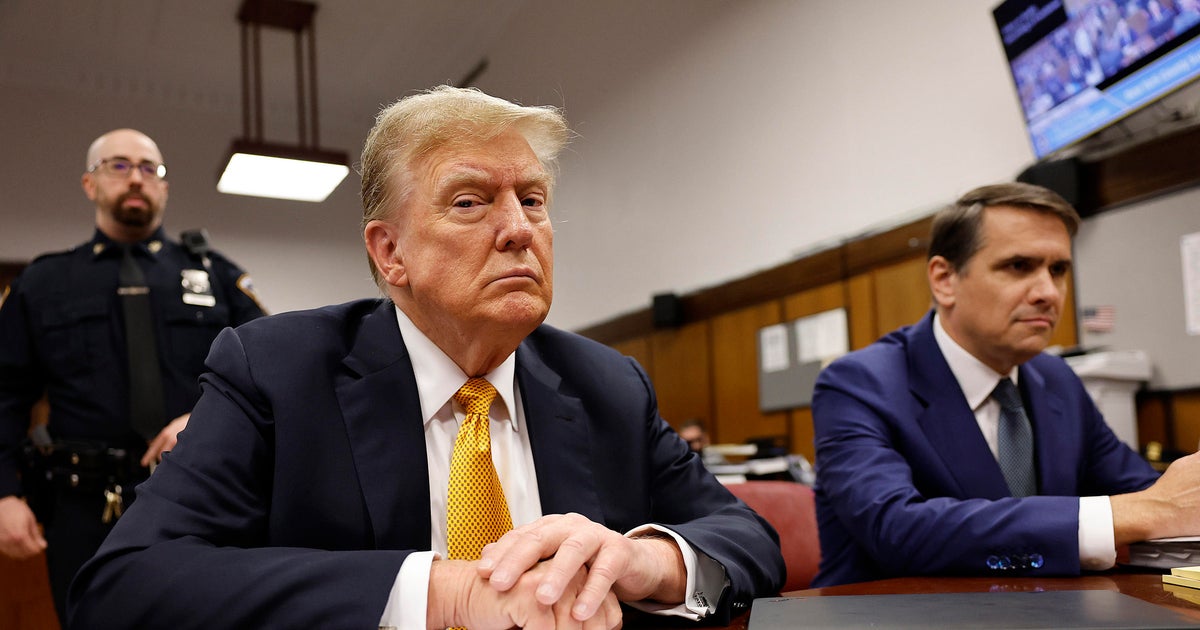
Title: A Historic Moment in American Politics: The First Conviction of a Former President
Lead: The historic conviction of Donald J. Trump, the first former president to face criminal charges, has sent shockwaves through the political landscape. In this article, we will explore the facts surrounding his case and its implications for American democracy.
Paragraph 1: On May 30, 2024, a Manhattan jury found Donald J. Trump guilty of 34 felonies related to falsifying business records in connection with hush money payments made during his presidential campaign in 2016. This marked the first time a former U.S. president had been convicted of a crime while out of office.
Paragraph 2: The charges against Trump stemmed from an investigation that began in Manhattan in 2018, focusing on payments made to adult film star Stormy Daniels and Playboy model Karen McDougal to silence allegations of extramarital affairs. The former president's legal team argued that the payments were lawful and not a violation of campaign finance laws.
Paragraph 3: The trial, which took place in late March and early April 2024, featured testimony from key witnesses such as Michael Cohen, Trump's former personal attorney who facilitated the payments. The jury deliberated for just five hours before reaching its verdict.
Background Information: The Manhattan District Attorney's Office brought the case against Trump under New York state law, which does not grant presidential immunity for state crimes. The former president faces up to four years in prison or as little as probation after being convicted of falsifying business records.
Paragraph 4: Trump's conviction has significant implications for American democracy and the role of the presidency. Critics argue that it sets a dangerous precedent, potentially weakening the office and making future presidents more vulnerable to political attacks. Supporters, however, view it as an important step towards holding elected officials accountable for their actions.
Paragraph 5: The case against Trump is not the only legal challenge he faces. He also has ongoing criminal investigations in Georgia and Washington, D.C., related to efforts to overturn the results of the 2020 presidential election.
Bias: It's important to note that sources may have biases that could influence their reporting on this story. For instance, some media outlets may be more critical or sympathetic towards Trump based on their political leanings. It is essential to consider multiple sources and perspectives when forming an opinion.
Conclusion: The conviction of Donald J. Trump marks a historic moment in American politics, with far-reaching implications for the presidency and democracy as a whole. As the legal proceedings continue, it remains crucial to stay informed about this developing story while being mindful of potential biases in reporting.



